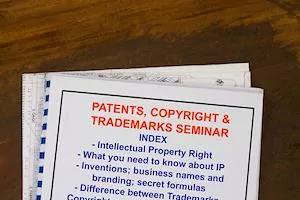Argentina: Security for Costs is no Longer Required for Foreign Nationals
The Argentine Congress passed a new Civil and Commercial Code that came into effect on August 1, 2015. Among the many changes in the fields of civil and commercial law, the code introduces new regulations on Argentine private international law, including the principle of equal treatment of foreign nationals.

To this end, Section 2610 states that citizens and permanent residents of foreign countries are granted free access to jurisdiction to defend their rights and interests under the same conditions as the citizens and permanent residents of Argentina. Furthermore, it states that no security for costs or deposit may be imposed on foreign nationals because of their nationality.
Prior to this change, foreign individuals or companies litigating in Argentina could be forced –upon defendant’s request– to post a bond to guarantee the payment of the legal costs if the complaint was dismissed, unless the plaintiff was a national from or was domiciled in a country that had signed an international treaty or convention dispensing with the security for costs requirement, such as the 1954 Hague Convention on Civil Procedure (Section 17) or the 1992 Mercosur Convention on Cooperation and Jurisdictional Assistance in Civil, Commercial, Labor and Administrative Matters (Section 4). However, individuals or companies from countries like the United States of America, the United Kingdom, South Africa or Australia, to name a few, had to comply with the security for costs if the preliminary objection was filed.
As a result of the recognition of the equal treatment principle in the new Civil and Commercial Code, foreign trademark owners or applicants litigating in Argentina –whether individuals or companies– will no longer have to comply with a security for costs.
(A modified version of this article was first published in the INTA Bulletin, Vol. 70 No. 16, on September 15, 2015, and can be accessed here: http://www.inta.org/INTABulletin/Pages/Argentina_1_7016.aspx)
This insight is a brief comment on legal news in Argentina; it does not purport to be an exhaustive analysis or to provide legal advice.